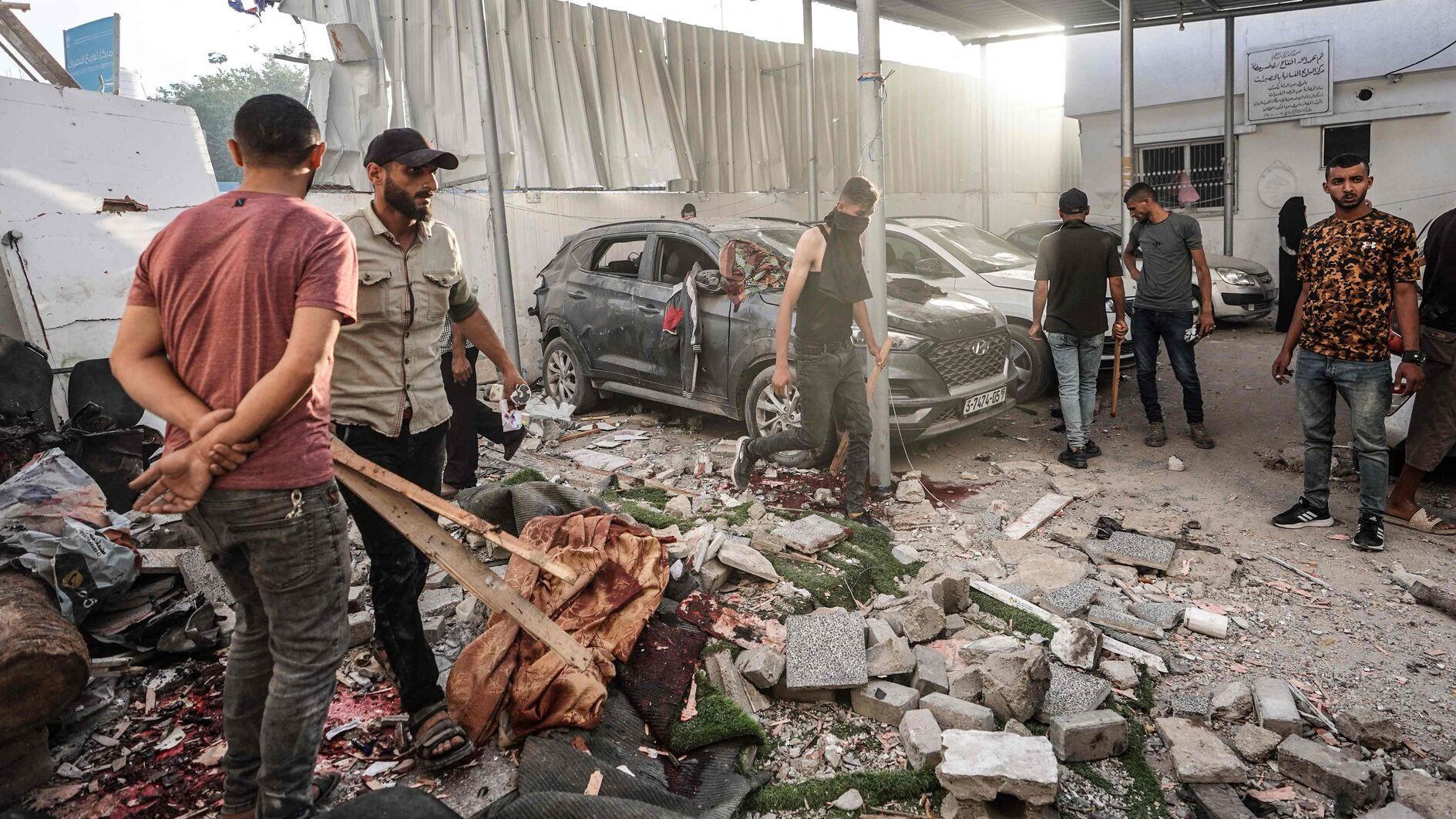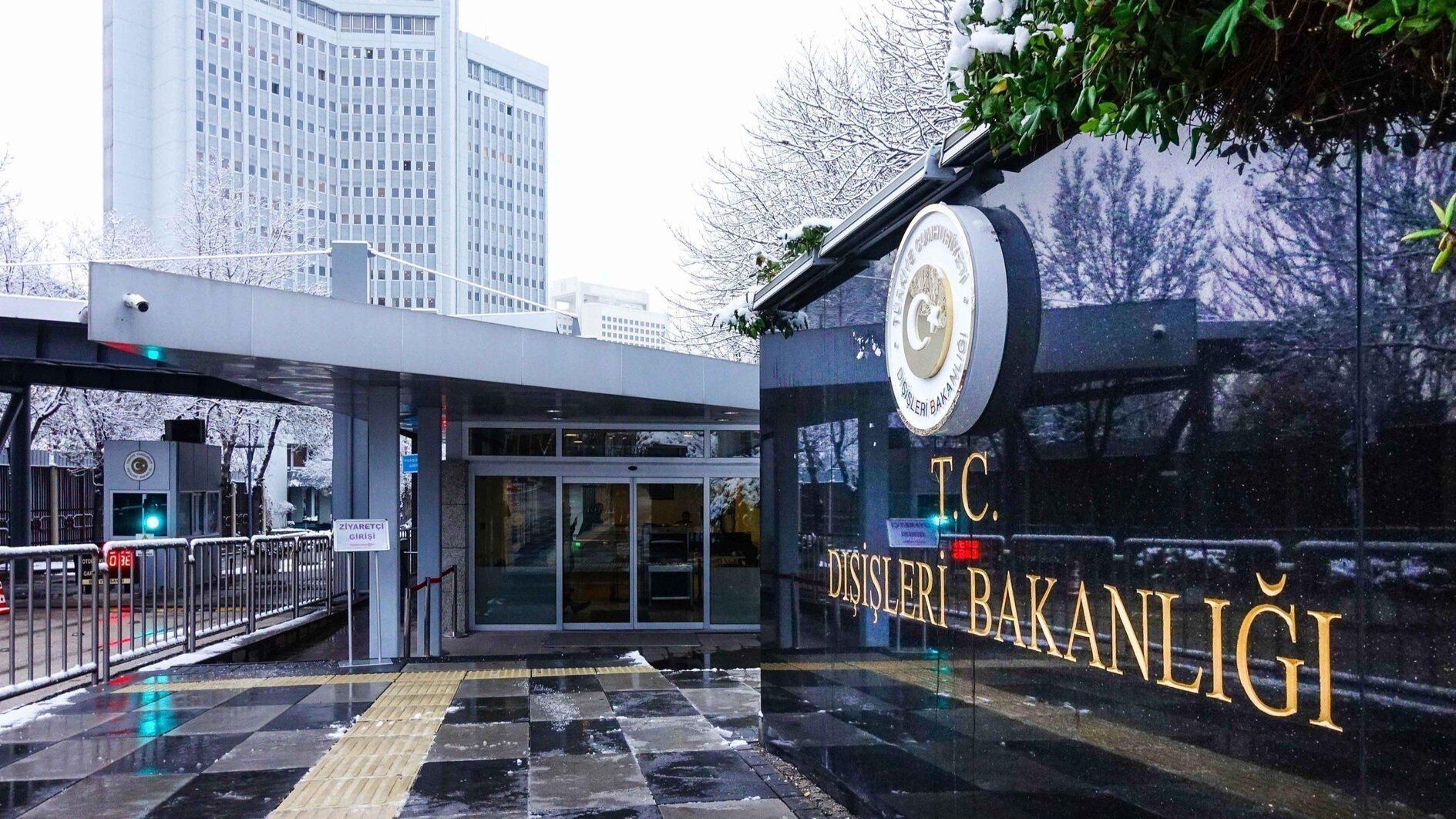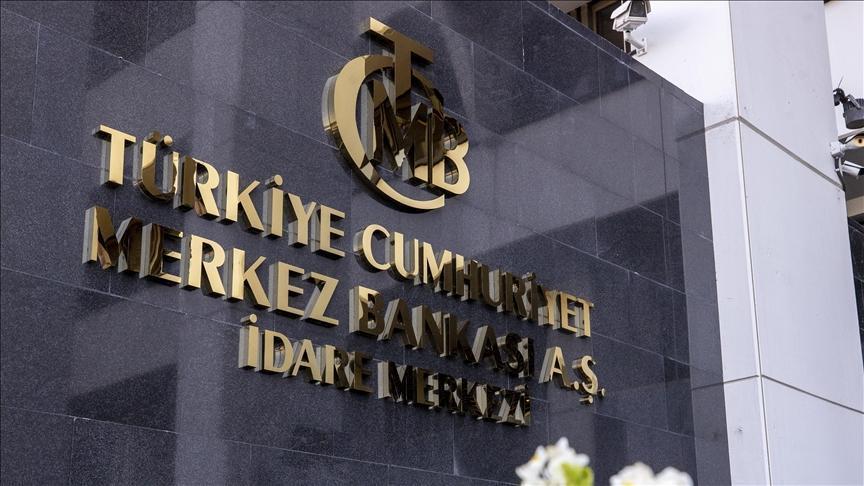Aid enters Gaza under new deal as Israel continue strikes
GAZA STRIP

Aid trucks entered Gaza from southern Israel yesterday through a new agreement to bypass the Rafah crossing with Egypt after Israeli forces seized the Palestinian side of it earlier this month amid heavy shelling in the southern region.
But was unclear if humanitarian groups would be able to access the aid because of ongoing fighting in the area.
About 200 aid trucks, including four fuel trucks, were expected to enter Gaza from Egypt via Israel’s Kerem Shalom Crossing, said Khaled Zayed, the head of the Egyptian Red Crescent Society in North Sina.
Egypt refused to reopen its side of the Rafah crossing until control of the Gaza side is handed back to Palestinians. It agreed to temporarily divert traffic through Israel’s Kerem Shalom crossing, Gaza’s main cargo terminal, after a call between U.S. President Joe Biden and Egyptian President Abdel-Fattah el-Sissi.
Aid has been piling up in Egypt since Israel launched an operation to take over the Gazan side of the Rafah Crossing with Egypt on May 7. Some food supplies bound for Gaza have begun to rot with the Rafah crossing closed. The holdup led to recriminations between Israel and Egypt, straining ties between the countries, which made peace in 1979.
A few dozen trucks have also been entering Gaza daily through a U.S.-built floating pier, but its capacity remains far below the 150 trucks a day that officials had hoped for. Stormy weather sent a strip of docking and a small U.S. military vessel ashore near the southern Israeli city of Ashdod on May 25. The U.S. Central Command said four of its vessels were affected by rough seas with two of them anchoring near the pier off the Gaza coast and another two in Israel.
Meanwhile, international outrage continues to reverberate as Israel ignores the world court’s order to immediately cease its attack on southern Rafah.
Witnesses reported heavy shelling in Rafah early yesterday two days after the International Court of Justice ordered Israel to halt military operations there.
Several news outlets reported that there has been a surge in the attacks across the city, in the central area as well as the northern part, and just within the past couple of hours, the Israeli military has intensified its artillery shelling of the eastern part of Khan Younis.
Death toll nears 36,000
At least 35,984 Palestinians have been killed and 80,643 wounded in Israel’s war in Gaza, according to the Health Ministry in the Hamas-run territory.
Overnight attacks in Rafah city resulted in the killing of six people of a family, including a child. A family member who survived said the family lived in the eastern part of Rafah city but over the last 10 days. They had been forced to evacuate to the northeastern part of the city to the residential home that came under heavy bombardment.
In the western part of Rafah, the Israeli military intensified attacks in the area surrounding the Kuwaiti Hospital.
‘Famine should be officially declared in Gaza’
More than 70 international organizations are calling on all authorities and international institutions to officially declare a famine in Gaza, Euro-Med Human Rights Monitor said.
Food security levels have significantly declined due to the Israeli army’s ground operation in Rafah which began on May 7, the organizations said.
“The entire population in the Gaza Strip, including the governorates of Deir al-Balah, Khan Younis, and Rafah, are experiencing high levels of acute food insecurity, with half of them in… the disaster/famine stage,” the statement said.
“Delaying the official declaration of famine equates to failing to apply significant pressure on Israel to end its crimes and lift the arbitrary siege on Gaza. Further delays will only exacerbate hunger, poverty, malnourishment, and death,” the statement noted.
Meanwhile, Doctors Without Borders said that due to fuel shortage, only one-eighth of water distributed.
“It’s becoming increasingly complicated there as we’re finding the supply of water critical; we ourselves are unable to distribute as much water as we have been able to,” he said.
Last week they distributed 400,000 litres of water; this week they distributed 50,000 litres, “1/8th of what we’ve been able to do because of the fuel shortages.”
















